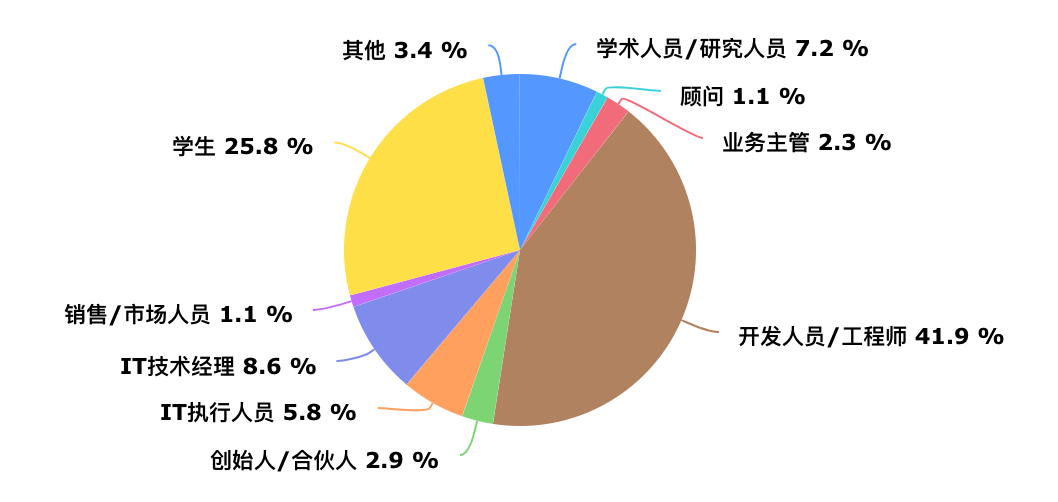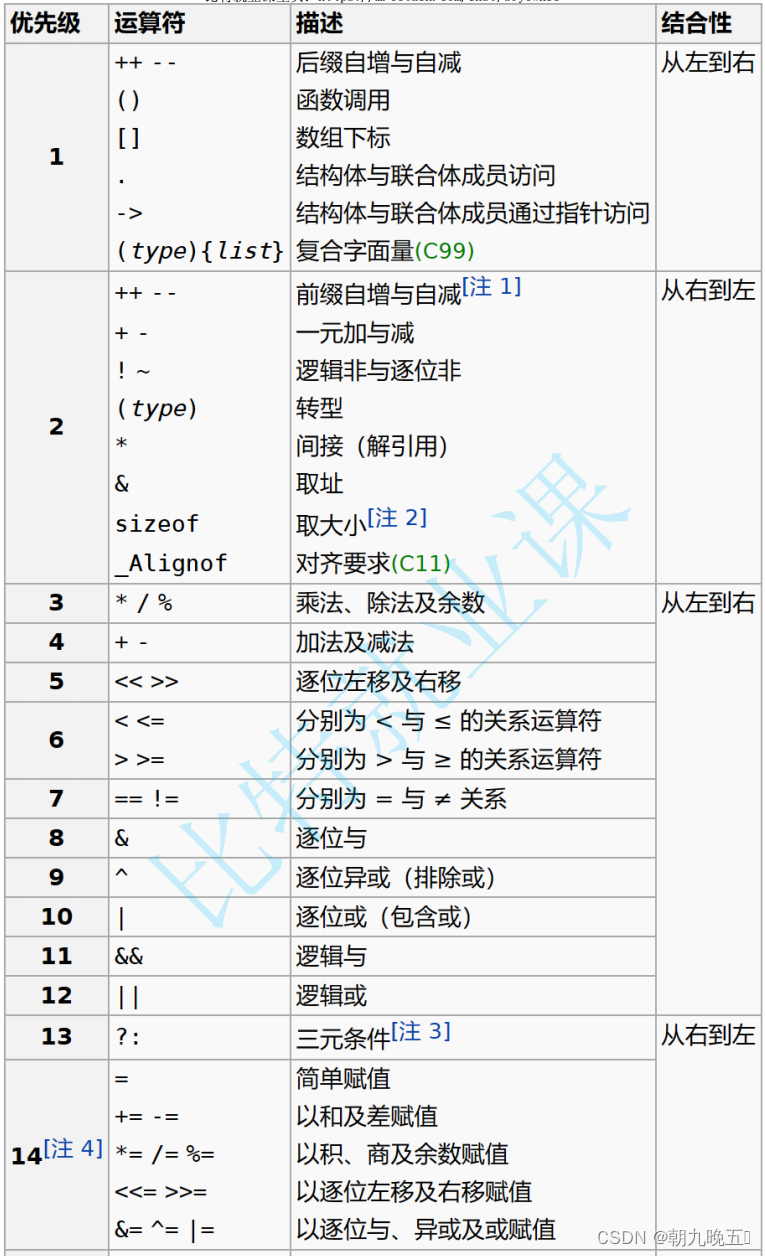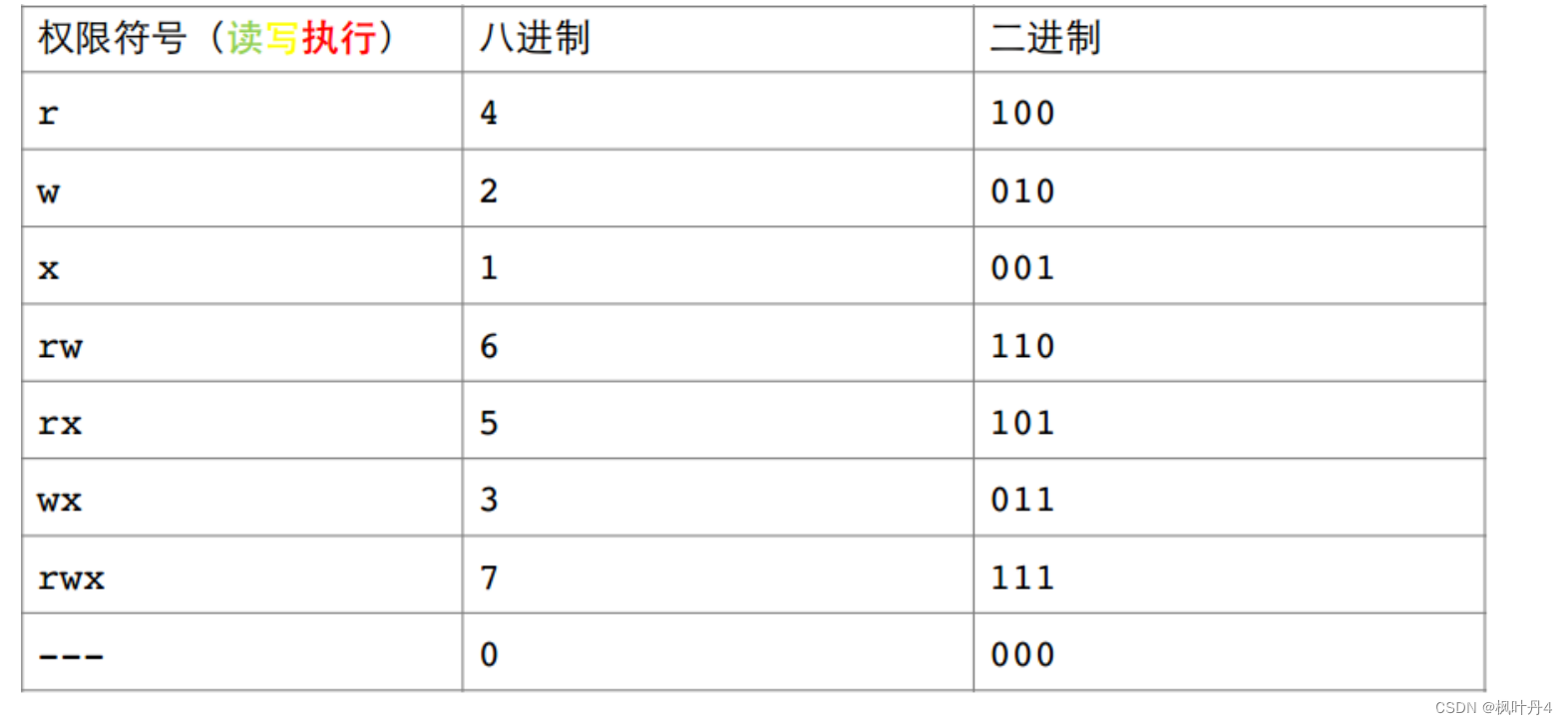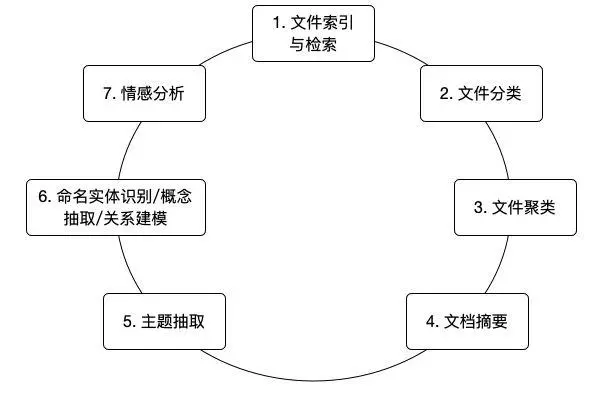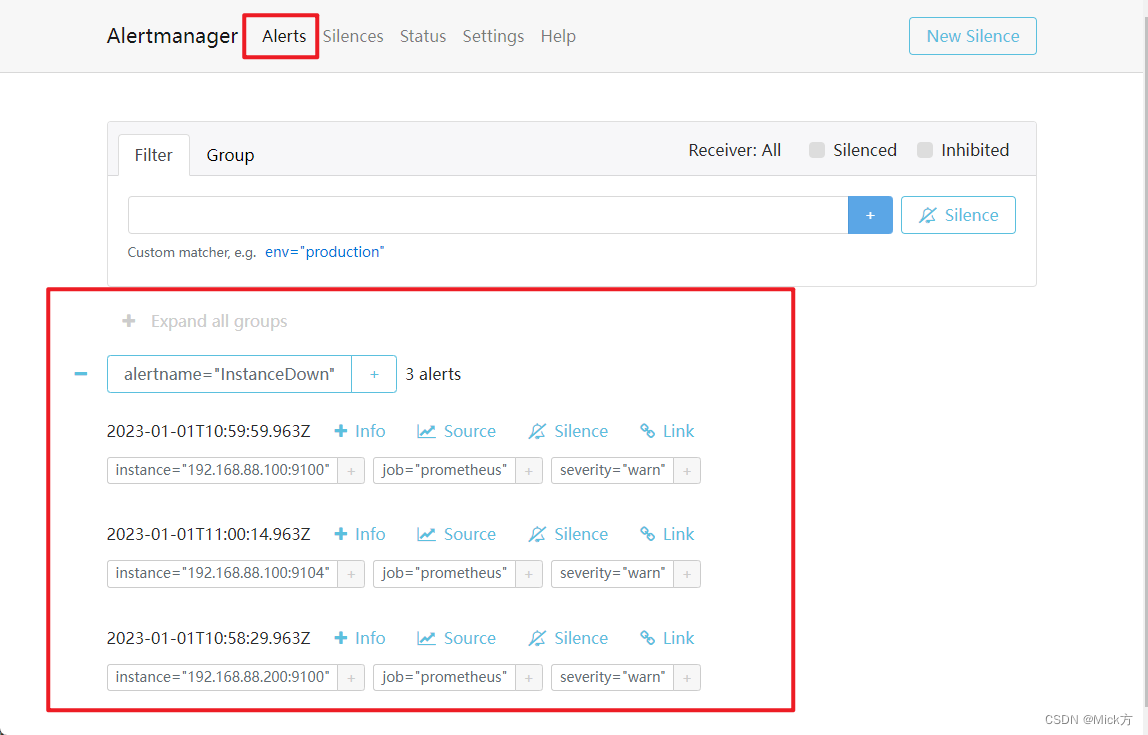
6.Overcoming Impulses
六、克服冲动
The skill of focus basically boils down to a tension between two different forces: the desire to work and the desire to quit.
专注的技巧基本上可以归结为两种力量之间的张力:工作的欲望和停止工作的欲望。
What makes focus hard is that the desire to work is often low, and may even be associated with anxiety or negative feeling that create a feeling of aversion.Distractions, conversely, might feel tempting and the desire to quit might be strong.
专注的困难之处就在于工作的欲望非常低,甚至可能还夹杂着焦虑或产生反感的负面情绪。相反,分心的事物可能很有诱惑力,停下工作的欲望可能很强。
Improving focus is largely about recognizing these affective obstacles and reconditioning them.
提高专注力很大程度上就是认识到这些情感上的困难并克服他们。
The downside of this reconditioning process is that it is often task specific. Meaning it’s not something you do once and are done with forever, but something that way come up again and again, and which you need to recognize before it gets too bad.
克服缺点的过程在于,它通常是针对具体任务的。意思是说,这不是可以一劳永逸的,而会反复出现,需要你在事情变糟之前认识到它。
I recently had this problem when writing a book.My imagination kept bringing up images of what a critic might say of my arguments, so whenever I thought about it, I’d get anxiety and negative feeling that pushed me away. These could be overcome by working for a few minutes, but I’d often procrastinate for days with “writer’s block” when I’d hit a hard part.
我最近在写一本书的过程中就遇到了这个问题。我头脑中不断跳出批评家会如何评价我的观点的画面,每当想到这,焦虑和负面情绪就让我无法专注。工作几分钟就可以克服这些,但每当碰到困难的部分,写作障碍都会让我拖延上好几天。
This aversive obstacle to focus is much more powerful than the others, because you are going to avoid working on something until the pain of ignoring it becomes so great that you can’t procrastinate any more.The only way to handle this problem is to deal with it head on.
情绪反感给专注造成的困难比其他更严重,因为在忽略工作导致的痛苦足够强大,以致无法再拖延下去之前,你会避免做任何事。解决这个问题的唯一方式就是迎难而上。
Here’s what to do when you’re faced with an aversion to doing the work you need to focus on:
当你面对工作产生反感时,你需要这样做:
Expose yourself to your fears.In my case, that meant seeking out some of the people I imagined would criticize my book and talking to them first.Like a nightmare, you need to confront the absurdity of it before it stops scaring you . Getting that actual feedback, even if it is everything you were afraid of, can often desensitize you to its aversive effects.
1.让自己暴露在恐惧中。
对我而言,就是找一些我想像着会批评我的书的人,先和他们聊一聊。就像噩梦一样,你需要先直面它的荒谬,然后它才会停止吓唬你。获得真正的反馈,即使那正是你所害怕的,通常可以消除你的反感。
Stoke your enthusiasm.Action is the difference between the enthusiasm and aversion.If you desire something enough, this can push you over your fears about it.Motivation, in this sense, can help overcome those hiccups(especially until you can get contact with reality and diffuse some imagined aversions.) Spending time imagining your goals, visualizing the reasons you’re pursuing them and having conversations with positive people can all help in tilting that equation in your favor.
2.激发你的热情。
热情与反感之间的差别在于行动。如果你足够渴望一件事,这会促使你克服恐惧。从这个意义上说,动机可以帮你克服这些小问题(尤其是在你能接触现实并平息一些想象出来的反感之前)。花一些时间想像你的目标、想象你追求这些目标的原因,以及与积极的人交谈,都有助于天平向你有利的一方倾斜。
Systematic desensitization. If you feel chronic aversion to a set of tasks, the right solution might be to approach it head on.Push yourself in a situation that world make you feel extra uncomfortable, and make that(not whatever goal you’re trying to pursue)your main priority.That discomfort will eventually lessen as you’re exposed to it more and more. Exams making you feel tense?Sign up and write exams you know you’ll fail. Presentation gives you aversion?Afraid of criticism?Ask someone to critique your work in the harshest possible terms, rinse and repeat until it doesn’t feel so bad.
3. 系统性脱敏。
如果你对一系列任务长期感到反感,正确的解决办法可能是迎难而上。推自己一把,让自己处于一个感到极不舒服的情境,让那个任务(而不是随便什么你想要追求的目标)成为你的首要事项。随着你越来越多地暴露在这种情境中,不适最终会减轻。考试让你感到紧张?注册并参加你知道自己一定无法通过的考试。害怕批评?找人用最严厉的词语批评你的工作,一直重复直到不再感到糟糕。
The other coin of the affective dimension of focus is on the desire to quit or do something else.This can be an equally powerful drive, and sometimes is the one that’s more prevalent. Many people suffer from excess and diffuse enthusiasm that pulls them is too many directions so they achieve little.
专注的情感维度的另一个方面是想要停止工作或做其它事情的欲望。这是一个同样强大的驱动力,有时甚至是更为普遍的那个。许多人有太多感兴趣的事,热情过于分散,把他们的精力拉扯到不同方向,最终一事无成。
Here’s how to manage that:
以下是如何管理:
Examine your vices. Look at the patterns you’ve set up that constitute your main distraction addictions. Tiktok?Games?Checking your phone?Cutting out these vices can reduce their immediate pull on your psyche.
1.检查你的坏习惯。
看看你养成的行为模式,哪些构成了主要沉湎的事物。抖音?游戏?看手机?戒除这些坏习惯可以减少它们在心理上对你的吸引。
Box in your distractions.There are many tools which exist now that can allow you to control your consumption of things that might distract you.Website blockers can limit your access to addicting sources to certain allotted periods of the day.Electric timers can make turning on your television or accessing the internet harder when you want to focus without them.
2.把让你分心的东西收起来。
现在有许多工具可以控制你使用那些可能让你分心的东西。网站拦截器可以限制一天中特定时段对上瘾源的访问权限。当你想在没有电视和网络的环境下保持专注,电子计时器可以让开电视和上网变得困难。
Don’t respond.Ultimately, one of the biggest tools you can apply to dealing with the distractions is simply not to engage in them when you feel the desire to the most.This is hard, but it reduces their intensity for the next time.Even if you can simply interrupt them-waiting a few minutes before succumbing-you interrupt the pattern and weaken its grip on you.
3.不要回应。
最后,应对分心事物最强大的工具之一就是在你最渴望分心的时候不理它。这很难,但下一次想要分心时,渴望就会减弱。即使你只能简单地打断——在屈服之前等上几分钟——你也打断了这个模式并削弱了分心事物对你的控制。
Too many people focus on the easy aspects of focus, and too little attention is paid to the emotional side of focus.Very often powerful aversions and cravings are responsible for our inability to focus, and these take time and conscious effort to weed out.Recognizing what the problem is, however, is always the first step.
太多人聚集于专注力容易的方面,而很少注意到专注力的情感方面。无法专注通常是由于强烈的厌恶和渴望情绪,这需要时间和有意识的努力才能消除,但认识到问题所在,永远是解决问题的第一步。
八、克服冲动(Overcoming Impulses)
news2026/2/16 4:38:34
本文来自互联网用户投稿,该文观点仅代表作者本人,不代表本站立场。本站仅提供信息存储空间服务,不拥有所有权,不承担相关法律责任。如若转载,请注明出处:http://www.coloradmin.cn/o/1447092.html
如若内容造成侵权/违法违规/事实不符,请联系多彩编程网进行投诉反馈,一经查实,立即删除!相关文章
猫头虎分享已解决Bug || Uncaught SyntaxError: Unexpected token
博主猫头虎的技术世界 🌟 欢迎来到猫头虎的博客 — 探索技术的无限可能! 专栏链接: 🔗 精选专栏: 《面试题大全》 — 面试准备的宝典!《IDEA开发秘籍》 — 提升你的IDEA技能!《100天精通鸿蒙》 …
解锁未来:探秘Zxing二维码技术的神奇世界
解锁未来:探秘Zxing二维码技术的神奇世界
1. 引言
在当今数字化和智能化的社会中,二维码技术已经成为人们生活中不可或缺的一部分。从商品购物、支付结算到健康码、门票核销,二维码无处不在,极大地方便了人们的生活和工作。而Zx…
Vue3快速上手(三)Composition组合式API及setup用法
一、Vue2的API风格
Vue2的API风格是Options API,也叫配置式API。一个功能的数据,交互,计算,监听等都是分别配置在data, methods,computed, watch等模块里的。如下:
<template><div class"person"…
[C++]17:二叉树进阶
二叉树进阶 一.二叉搜索树:1.二叉搜索树的概念:2.二叉搜索树的实现---循环版本:1.二叉搜索树的基本结构:2.查找:3.插入:4.中序遍历:5.删除: 3.二叉搜索树的实现---递归版本ÿ…
用代码视角揭秘刘谦扑克牌魔术
近日,刘谦回归春晚引发了热烈的讨论,尤其是刘谦表演的魔术《守岁共此时》中扑克牌登上了热搜。
如果要评选龙年春晚最好笑的节目,还得是尼格买提现场表演的翻车~ 除了台下的观众,相信很多电视机前的小伙伴也纷纷拿起扑克牌开始尝…
js中正则表达式的详解(应用场景)
文章目录 一、是什么二、匹配规则正则表达式标记贪婪模式懒惰模式分组 三、匹配方法str.match(regexp)str.matchAll(regexp)str.search(regexp)str.replace(regexp)str.split(regexp)regexp.exec(str)regexp.test(str) 四、应用场景参考文献 一、是什么
正则表达式是一种用来匹…
零售连锁门店管理软件有哪些好用?
在当今的零售行业中,随着连锁经营模式的普及和发展,对于高效、便捷的门店管理需求日益增加。一款好用的零售连锁门店管理软件,能够为商家提供全方位的解决方案,助力企业实现信息化管理,提升运营效率。那么,…
汉服租赁网站:Java技术的文化应用
✍✍计算机编程指导师 ⭐⭐个人介绍:自己非常喜欢研究技术问题!专业做Java、Python、微信小程序、安卓、大数据、爬虫、Golang、大屏等实战项目。 ⛽⛽实战项目:有源码或者技术上的问题欢迎在评论区一起讨论交流! ⚡⚡ Java实战 |…
Xubuntu16.04系统中修改系统语言和系统时间
1.修改系统语言
问题:下图显示系统语言不对 查看系统中可用的所有区域设置的命令
locale -a修改/etc/default/locale文件 修改后如下:
# File generated by update-locale
LANG"en_US.UTF-8"
LANGUAGE"en_US:en"LANG"en_US…
第三节课[LangChain]作业
文章目录 前言实践搭建向量知识库 前言
本次作业虽然是第三节课作业,但是在第四次作业之后才完成,所以用的是经过自我认知微调的小助手权重。 使用**诡秘之主和宿命之环小说(仅用于学习和研究)**以及设定集、百度百科,…
智胜未来,新时代IT技术人风口攻略-第一版(弃稿)
文章目录 抛砖引玉 鸿蒙生态小科普焦虑之下 理想要落到实处校园鼎力 鸿蒙发展不可挡培训入场 机构急于吃红利企业布局 鸿蒙应用规划动智胜未来 技术人风口来临 鸿蒙已经成为行业的焦点,未来的发展潜力无限。作为一名程序员兼UP主,我非常荣幸地接受了邀请…
C语言:详解操作符(下)
上一篇链接:C语言:详解操作符(上)摘要: 在上篇文章中,我们已经讲过位操作符等涉及二进制的操作符,这些有助于帮助我们后期理解数据如何在计算机中运算并存储,接下来本篇将更多的讲述…
白酒:自动化生产线的优势与实践
随着科技的进步,自动化生产线在各行各业的应用越来越广泛。云仓酒庄的豪迈白酒在生产过程中,也积极引入自动化生产线,以提升生产效率、品质和安全性。 首先,自动化生产线能够显著提高生产效率。传统的手工生产线在生产过程中容易受…
软件23-上午题-树与二叉树2
一、平衡二叉树
平衡二叉树:是一棵空树或它的左右两个子树的高度差的绝对值不超过 1, 并且左右两个子树都是一棵平衡二叉树。 注意: 完全二叉树 平衡二叉树!!! 二、二叉排序树(二叉查找树、二…
《Java 简易速速上手小册》第10章:Java 未来趋势和新特性(2024 最新版)
文章目录 10.1 Java 的新版本特性10.1.1 基础知识10.1.2 重点案例:使用 Java 14 的 Record 类简化数据模型10.1.3 拓展案例 1:利用 Java 11 的 HTTP Client 进行网络请求10.1.4 拓展案例 2:使用 Java 12 的 Switch 表达式优化代码 10.2 Java …
【在Linux世界中追寻伟大的One Piece】Linux是从哪里来的?又是怎么发展的?基本指令你知道哪些?
目录
1 -> Linux背景
1.1 -> Linux发展史
1.1.1 -> UNIX发展历史
1.1.2 -> Linux发展历史
1.2 -> 开源
1.3 -> 官网
1.4 -> 企业应用现状
1.5 -> 发行版本
1.6 -> OS概念,定位
2 -> Linux下基本指令
2.1 -> Is指令
2…
机器学习系列——(十九)层次聚类
引言
在机器学习和数据挖掘领域,聚类算法是一种重要的无监督学习方法,它试图将数据集中的样本分组,使得同一组内的样本相似度高,不同组间的样本相似度低。层次聚类(Hierarchical Clustering)是聚类算法中的…
JAVASE进阶:一文精通Stream流+函数式编程
👨🎓作者简介:一位大四、研0学生,正在努力准备大四暑假的实习 🌌上期文章:JAVASE进阶:源码精读——HashMap源码详细解析 📚订阅专栏:JAVASE进阶 希望文章对你们有所帮助…
Prometheus服务器、Prometheus被监控端、Grafana、监控MySQL数据库、自动发现概述、配置自动发现、Alertmanager
目录
Prometheus概述
部署Prometheus服务器
环境说明:
配置时间
安装Prometheus服务器
添加被监控端
部署通用的监控exporter
Grafana
概述
部署Grafana
展示node1的监控信息
监控MySQL数据库
配置MySQL
配置mysql exporter
配置mysql exporter
配置…
Linux network namespace 访问外网以及多命名空间通信(经典容器组网 veth pair + bridge 模式认知)
写在前面 整理K8s网络相关笔记博文内容涉及 Linux network namespace 访问外网方案 Demo实际上也就是 经典容器组网 veth pair bridge 模式理解不足小伙伴帮忙指正 不必太纠结于当下,也不必太忧虑未来,当你经历过一些事情的时候,眼前的风景已…

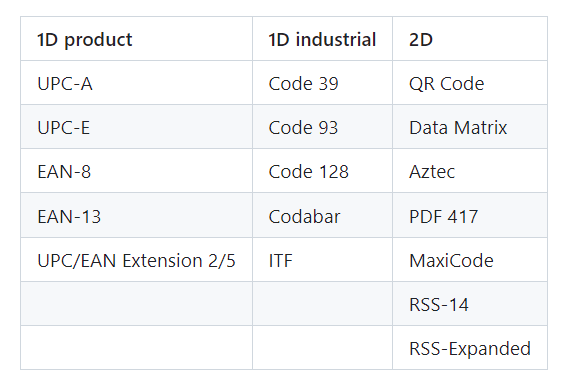
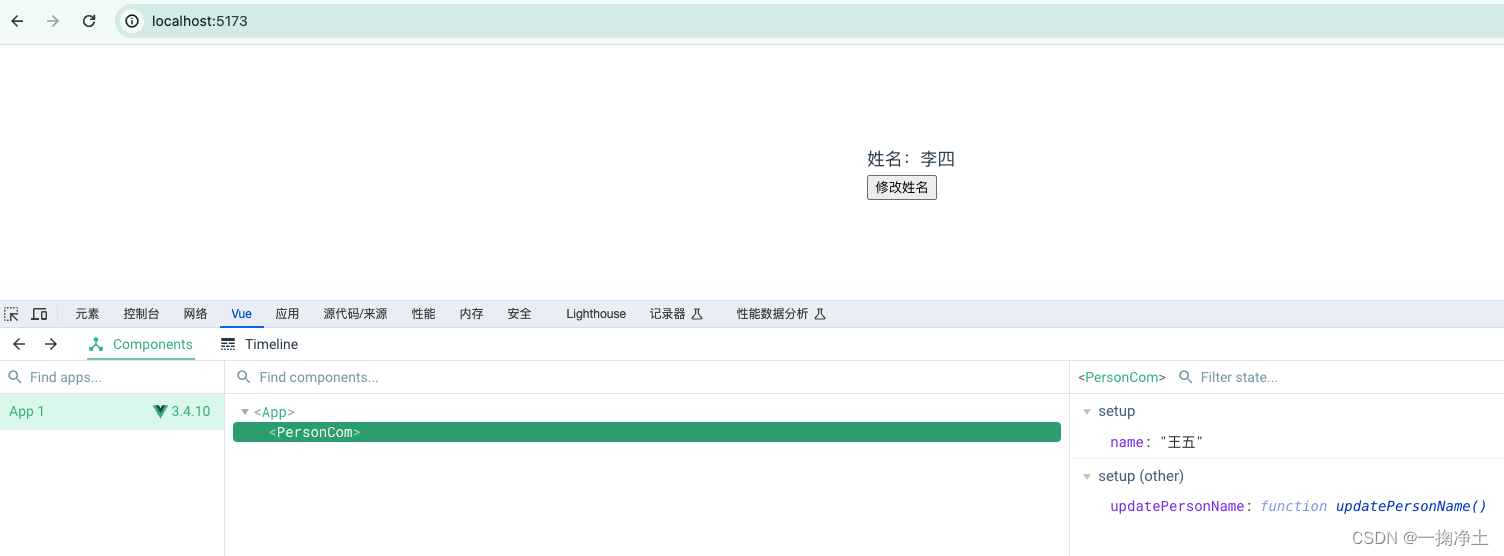
![[C++]17:二叉树进阶](https://img-blog.csdnimg.cn/direct/6b38b90aa8c74ec5ab2163c404744ad5.png)

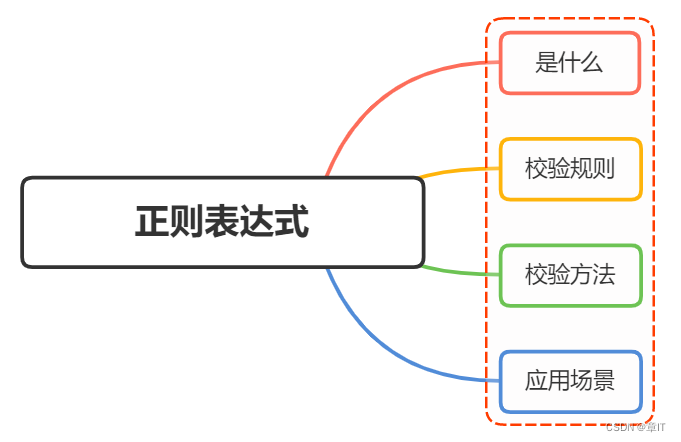



![第三节课[LangChain]作业](https://img-blog.csdnimg.cn/direct/d7a15989b04f4efc806cbd0b82e94ab5.png)
